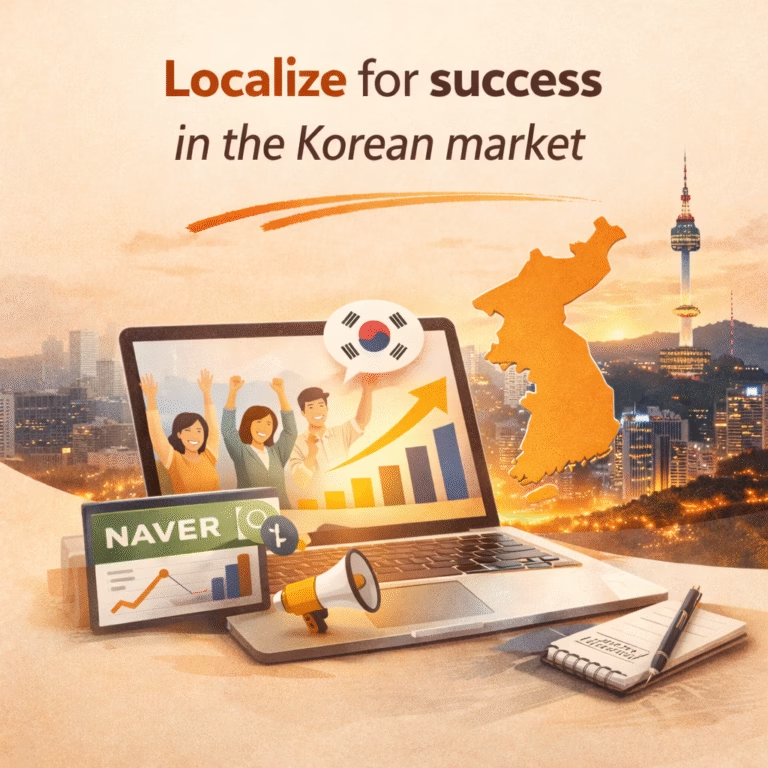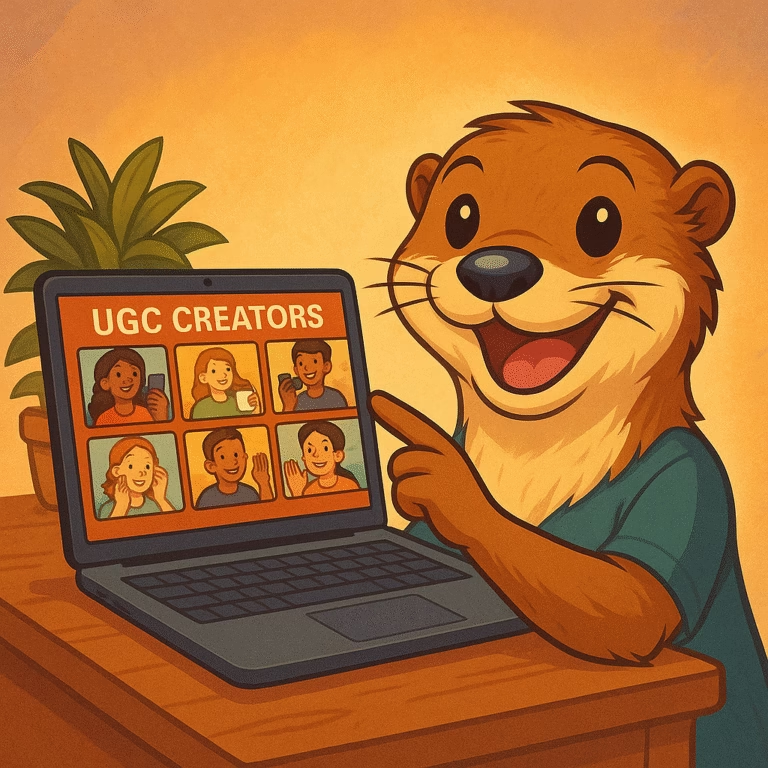Looking for a professional Korean voiceover who can bring authenticity and impact to your project? You’re not alone—brands, agencies, and creators worldwide are tapping into Korean voices to connect with one of the fastest-growing audiences in the global market.
In this guide, we’ll explore the essentials of the Korean voiceover industry: why it’s booming, what to look for in a voice actor, and how my own services can help you deliver content that feels truly native. For global marketers, it means saving time while achieving better impact.
The Rise of UGC Creators in Digital Marketing
From spontaneous posts to professional paid content
UGC once meant casual selfies and spontaneous reviews. But things have changed—brands now actively seek UGC creators to produce content that feels authentic yet polished. These creators aren’t celebrities; they’re relatable people who make ads feel like conversations.
Platforms like Instagram, TikTok, and YouTube Shorts have accelerated this shift. What used to be “just posting for fun” can now translate into professional contracts and recurring income streams.
Brands increasingly trust peer-like creators
Big media outlets like El País and Cadena SER report that brands are increasingly choosing peer-like creators because audiences view them as more trustworthy than traditional ads (Source: El País).
This trend is especially clear in industries like fashion, beauty, and fitness, where trust and relatability matter more than celebrity endorsements.

Case Stories
Creatoroo in Australia – everyday people earning up to A$10K/month
In Australia, platforms like Creatoroo have made it easier for everyday people to earn real money as UGC creators. According to news.com.au, some creators are making up to A$10,000 per month by producing authentic videos and product reviews (Source: news.com.au).
The takeaway? You don’t need a massive following—you just need creativity, reliability, and a style that feels genuine.
Brands like HeyShape and Adobe using UGC creators effectively
Brands such as HeyShape and Adobe have been highlighted by Later for their smart use of UGC (Source: Later). They integrate creator-made videos into their marketing campaigns, making ads that look less like ads—and more like stories.
The result is higher engagement, better click-through rates, and stronger community trust.

Your Journey as a UGC Creator
How I started: niche selection, portfolio
Every UGC journey begins with clarity. I picked a niche—content tied to lifestyle and tech—and started building a portfolio by recording sample videos. Even without brand deals, those early samples showed my skills.
Found brands and marketplaces
Next, I discovered UGC marketplaces and platforms where brands look for creators. From Coursera resources to direct outreach, I built my presence step by step.
It’s not about luck—it’s about consistency. The more I uploaded, the easier it was for brands to trust my style.
Lessons on pricing, legal, authenticity
Pricing: Don’t undersell yourself—brands pay for results, not just minutes of video.
Legal: Read contracts carefully to protect your rights. News.com.au even reported cases where creators faced issues by ignoring contracts (Source: news.com.au).
Authenticity: The most successful creators don’t act—they share. As Wikipedia notes, authenticity is the foundation of UGC’s influence (Source: Wikipedia).

UGC vs Influencer Marketing: Stories with Real Impact
Content shared via creators feels more trusted
Studies from Deloitte and WSJ highlight that UGC feels more trusted because it comes from people perceived as peers. Unlike influencers who often appear aspirational, UGC creators reflect real, everyday experiences (Source: Stack Influence).
That trust translates into conversions.
When influencers work best vs when UGC is better
UGC and influencer marketing both have their place. According to Stack Influence and Wikipedia:
Influencers: Great for large-scale awareness and brand positioning.
UGC: Perfect for product launches, testimonials, and relatable storytelling (Source: Stack Influence, Wikipedia).
Smart brands combine both—using influencers for reach and UGC for conversion.

Looking Ahead — UGC in Future Marketing
Integration with AI, immersive formats, evolving authenticity trends
Looking forward, UGC will only grow stronger. El País reports on brands experimenting with AI tools that help creators edit faster and generate variations of their content (Source: El País). Meanwhile, immersive formats like AR and VR will give creators even more ways to tell stories.
Yet one thing will stay the same: authenticity. As audiences evolve, the creators who remain genuine will thrive the most.

UGC creators are no longer on the sidelines—they’re at the center of digital marketing. From casual posts to six-figure opportunities, the journey is wide open for anyone willing to start.
If you are looking for UGC content creator, don’t hesitate to reach out to me!





